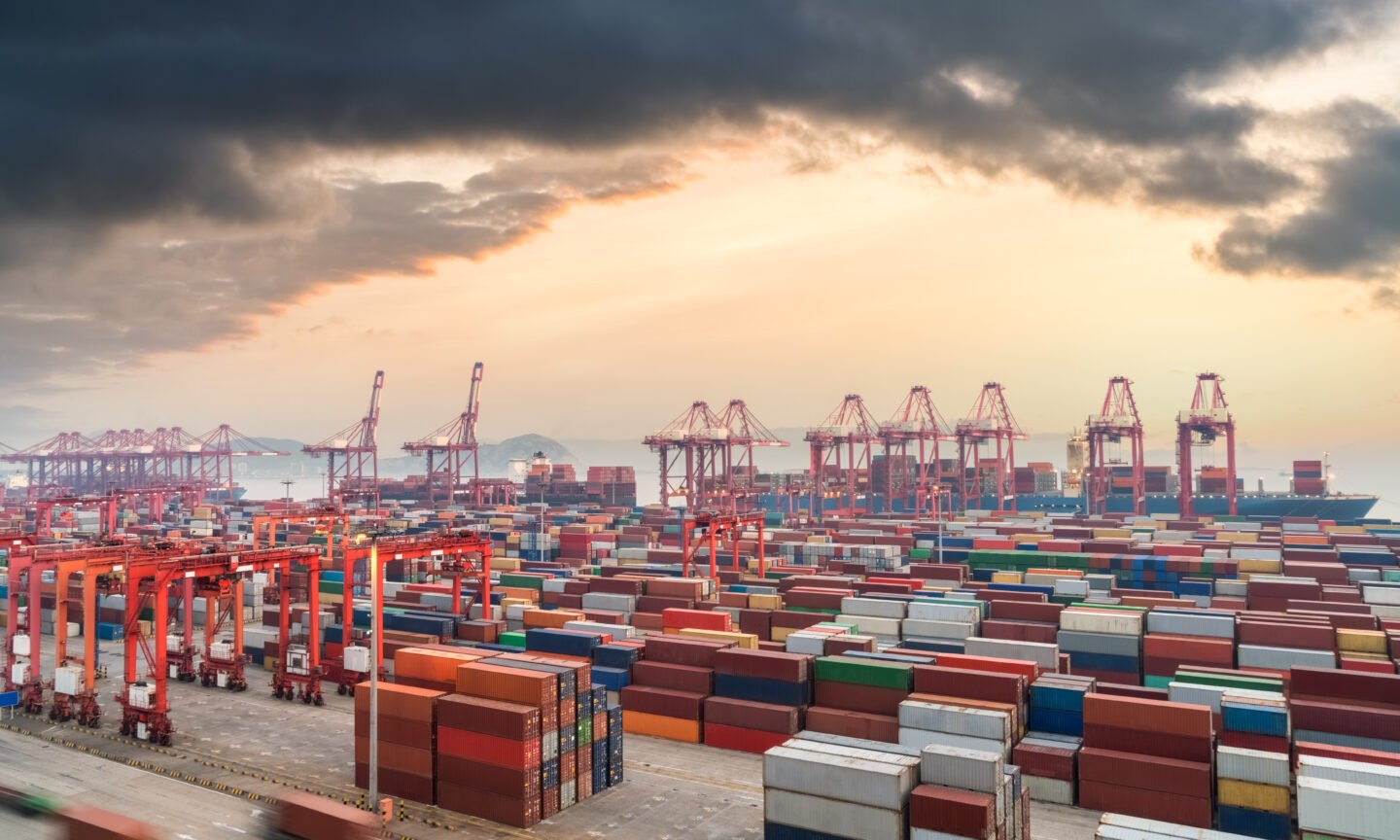
Personal Finance
NerdWallet
What Happens If You Can’t Pay Your Tariff?
Why This Matters
Worried you might not be able to pay your import tariff? Here’s what can happen and what you can do about it.
June 25, 2025
07:22 PM
7 min read
AI Enhanced
Negative
FinancialBooklet Analysis
AI-powered insights based on this specific article
Key Insights
- Financial sector news can impact lending conditions and capital availability for businesses
Questions to Consider
- Could this financial sector news affect lending conditions and capital availability?
Stay Ahead of the Market
Get weekly insights into market shifts, investment opportunities, and financial analysis delivered to your inbox.
No spam, unsubscribe anytime